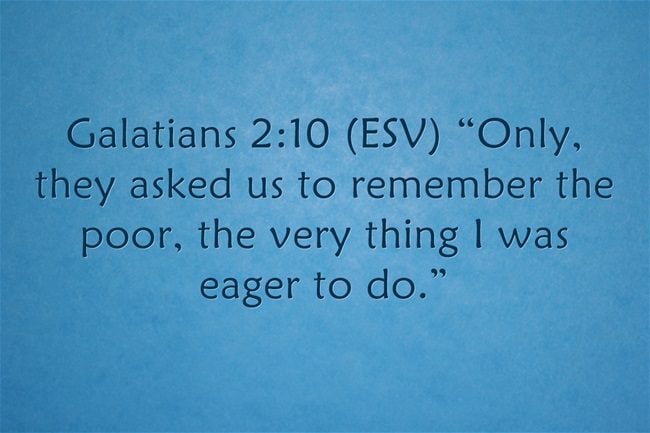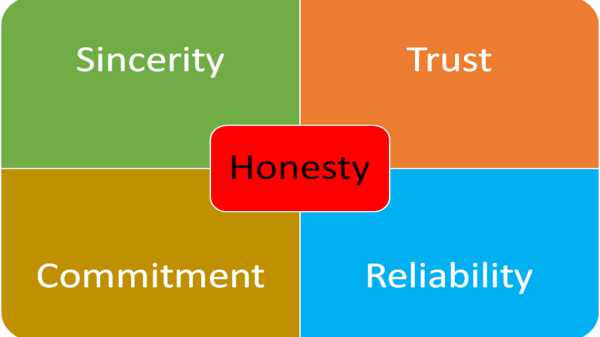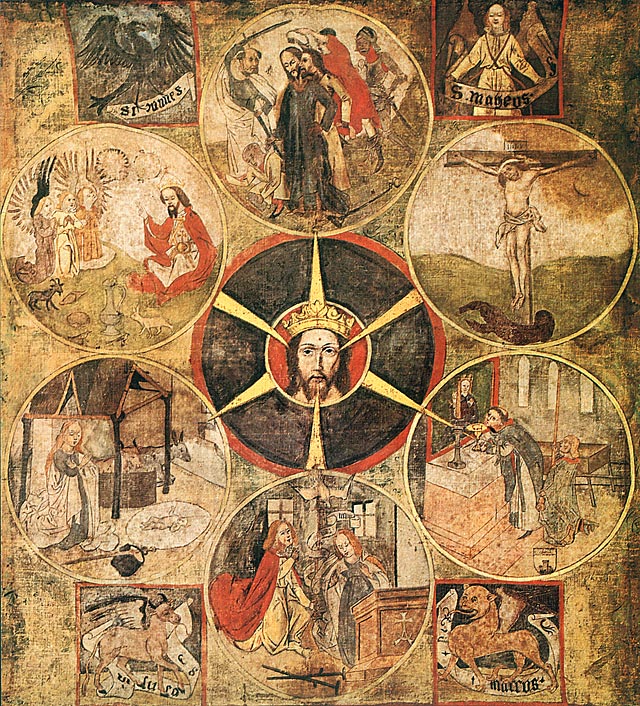This is the time of year when we look over the past so that we can live the future with greater hope. Looking over what we have amassed during the year we have more than we need. Throwing it out difficult, but the chances of it being used are slight. A member of the Bishops' Committee on the Environment in the Catholic Peace Weekly gives the readers some interesting thoughts on the subject.
Is it possible for us to live during this new year lighter and with simplicity? She introduces us to Bea Johnson and her family who are dedicated to living a Zero Waste Lifestyle. Bea Johnson was recently here in Korea. Her practice of zero-waste can be summarized with the five Rs: Refuse, Reduce, Reuse, Recycle, Rot. She shatters misconceptions, proving that waste-free living can not only be 'stylish', but also lead to significant health benefits, and time and money savings.
Refuse what is not needed; Reduce what is used; Reuse, avoid using disposable items; Recycle (only when it can't be reused; Rot, put in the compost pile. Last year what the family of four needed to dispose of fitted into a small jar.
The first key to solving the rubbish problem is to reduce the volume itself. The decision to reduce little by little is the most important and it starts with me. Reduce free plastic bags, shopping bags, paper business cards, and wet wipes, courier boxes and disposable food containers.
Every January, overseas training is planned for global eco-leaders who have practiced eco-life for one year and have a good influence on their family, friends, and neighbors. These elementary, middle school students gave up the use of disposable items such as paper cups and plastic bags, giving hope to the older generation.
Next, there's a way to cycle thrash so it can be used by those who need it. A family in Australia who visited this year said they bought a new home and bought the used goods in the house of the past owners. They also sell or donate what they don't want to bring to the new house on SNS, or donate it to OP SHOP (Opportunity shop). It is hoped that such transactions and donations will become part of our Korean culture.
Anything thrown-out should be properly separated helping the recycling process. Remove tapes from taped cardboard boxes, and rinse food delivery containers with water which will require a little more attention.
In the past, when the economy was not doing well we had the habit of being frugal. In the new year let us remember that we are borrowing the earth and should want to preserve it for future generations. Let us get started.



